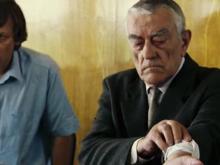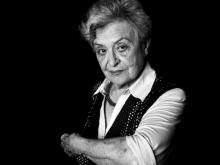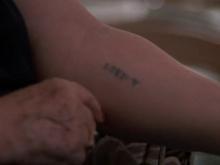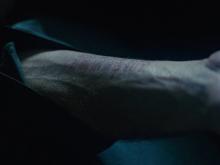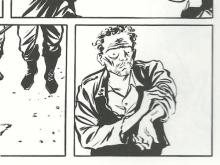Remember
REMEMBER, Atom Egoyan, Canada/Mexico/Germany/South Africa 2015
REMEMBER is a Canadian-German drama-thriller directed by Atom Egoyan, starring Christopher Plummer, Bruno Ganz, and Jürgen Prochnow. It tells the story of the 89-year-old Auschwitz survivor, Zev Guttman, who, after the death of his wife, seeks to avenge the murder of his family by killing their murderer, the Auschwitz Blockführer Otto Wallisch. Wallisch is known to live under the name Rudy Kurlander somewhere in the United States. After visiting a couple of other people named Rudy Kurlander that only share the name with the one in question, Guttmann eventually finds the right man in Reno, Nevada, living with his children and grandchildren in a lovely wooden house. He recognizes him right away as the Blockführer from Auschwitz by his voice. When Guttman confronts Kurlander alias Wallisch, the Blockführer admits his guilt. However, Kurlander also reveals that he had taken on the identity of a Holocaust survivor and that Zev Guttman, during the liberation of Auschwitz, had actually done the same. He reminds him of the numbers they tattooed on each other’s arms in order to escape prosecution for the murders they had done together in the camp. Zev Guttmann himself, it turns out, is actually the Otto Wallisch he’s been seeking to kill, while Kurlander is his best pal Kunibert Sturm. To prove this truth, he rolls up his sleeve, shows his number, and reminds Guttman of the two successive numbers, 98814 and 98815, tattooed on their arms. The gesture of showing the Number Tattoo recalls the images of the child survivors from Auschwitz. Additionally, the scene combines—even though inverted through the unjust appropriation—the two main manifestations of the occurrence of the tattoo: the act of showing (Sturm) and the event of discovering (Guttman). Zev Guttman, still in denial, also rolls up his sleeve and looks at his number, as if he discovers that Sturm is right. The image of showing the number has travelled a long way from the original sequence with the children to its use in REMEMBER. This usage can be called an indirect gestural evocation or a re-enactment. Here, the power of the iconic gesture is emphasised insofar as it represents the basis for the identity switch of the protagonists. Half out of shock, half following his actual plan, Zev Guttmann kills the Blockführer, and then, with the words “I remember,” he shoots himself. Despite the focus on fraud and false testimony in the context of Holocaust remembrance, REMEMBER actually stresses the factual importance of individual accounting and memory. Both Guttman and Sturm, it seems, never fully embraced their identity change and lived haunted lives. In the end, it is not about gestures or names but about the historical reality that left its undeniable marks in our memories.
